Government has assured the nation of its determination and commitment to relying on domestic revenue instead of borrowing to power economic growth.
Finance and National Planning Minister, Dr Situmbeko Musokotwane, said government had continued to improve the tax administration so as to grow the contribution to over 90 percent of tax revenue.
Musokotwane said this during the launch of the Smart Invoice System, an innovative tool envisaged to transform tax administration in the country.
He said the tool would increase Zambia’s domestic revenue collection and further economic growth.
“The Smart Invoice System is a significant milestone in government’s efforts to mordenize tax administration,” the minister stated.
He added that the system was forged through a South-to-South cooperation between Zambia and Rwanda, signified by an existing agreement that was signed in April 2022.
“I want to express my sincere appreciation, specifically to the Zambia Revenue Authority (ZRA) and the Rwanda Revenue Authority (RRA) for making this initiative possible,” the minister said.
Musokotwane noted that taxes were the primary source of revenue for government and that it enables it to provide essential public services such as healthcare, education, infrastructure development and public safety.
“This is indicating our commitment to rely on domestic revenue rather than borrowing,” Musokotwane said.

The minister added that government had successfully implemented key provisions outlined in the national budget including free education and progressively increasing the Constituency Development Fund (CDF) allocation.
He stated that Smart Invoice System was a ground breaking initiative that not only modernise tax administration but also significantly increases revenue collection.
“The Smart Invoice System, which is an electronic invoicing system aims to digitise the invoicing process, replacing traditional paper based invoices with electronic ones, which are transmitted to Revenue Authority in real-time,” Musokotwane said.
ZRA Commissioner General, Dingani Banda, said that the piloting of the system started on December, 15, 2023, with 562 taxpayers participating and 5, 819 invoices valued at K106.7 million.
He said in achieving this, ZRA closely worked with key stakeholders including businesses, tax professionals and technology providers to ensure a seamless transition to the new era of invoicing the smart way.
WARNING! All rights reserved. This material, and other digital content on this website, may not be reproduced, published, broadcast, rewritten or redistributed in whole or in part without prior express permission from ZAMBIA MONITOR.

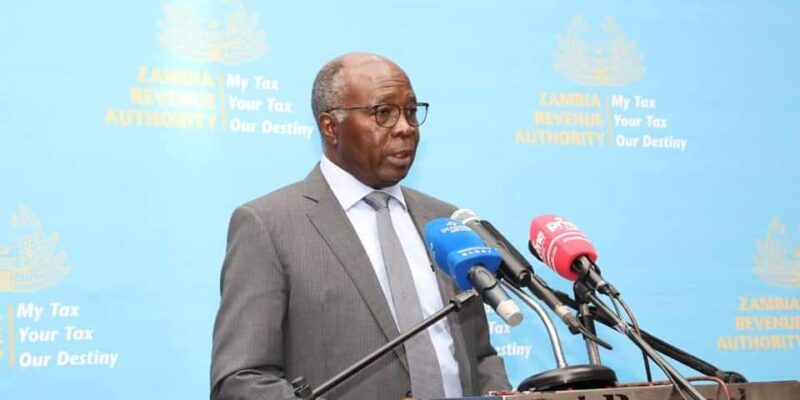
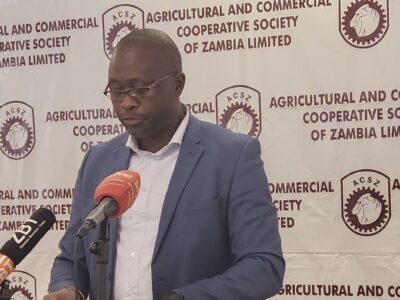



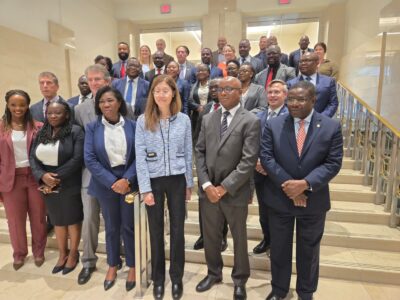
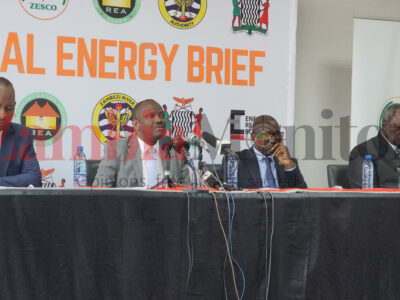



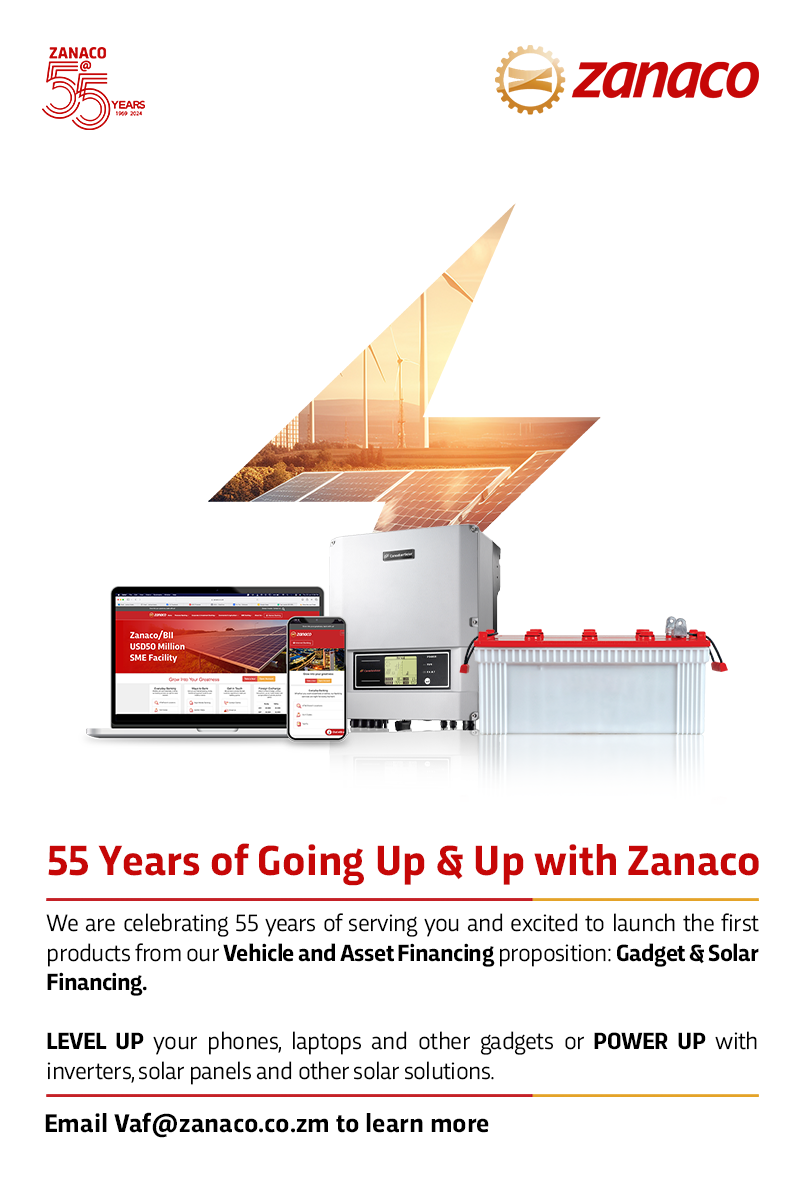

Comments